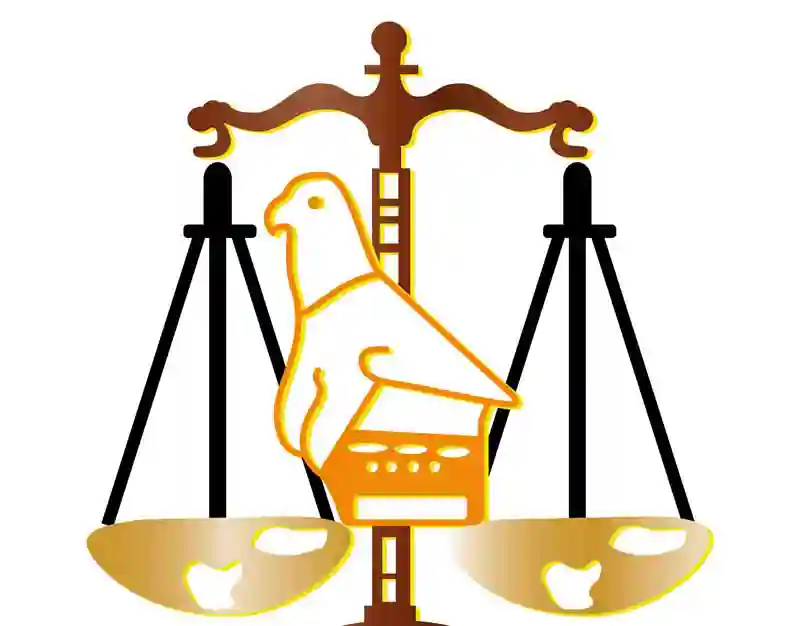LAW SOCIETY OF ZIMBABWE RESPONSE TO ATTACKS ON ITS DISCIPLINARY PROCESSES AND REGULATORY FRAMEWORK
In the past few months, the Law Society of Zimbabwe has become the target of attacks particularly since submitting an application challenging Constitutional Amendments No. 1 & 2.
It is clear from the provisions of the law that the Law Society has not veered from its objects and inferences to the contrary by some characters are aimed at soiling the image of the profession, the Society and its membership.
The decision to challenge the two amendments is within the remit of the Law Society’s objects of existence as provided for in Section 53 of the Legal Practitioners Act, which reads in part; The objects and powers of the Law Society shall be inter, alia,
to,
(b) to represent the views of the legal profession and to maintain its integrity and status;
(c) to define and enforce correct and uniform practice and discipline among legal practitioners;
m) to consider and discuss and to confer with other bodies on alterations and reforms in the practice, procedure and administration of the law and to propose, promote or oppose legislation in Parliament;
r) to employ the funds of the Society in obtaining or assisting any person to obtain a judicial order or judgement on a doubtful or disputed point of law where the Council of the Society deems it necessary or desirable in the interests of the public or the legal profession.
In challenging the amendments and taking any other action in support of or against the legislation, the overriding aim of the Law Society has always been to support the delivery of justice in Zimbabwe, protect the independence of the legal profession and maintain public confidence in the judiciary.
Attacks have further been aimed at the Law Society’s disciplinary processes and regulatory functions which are also provided for by law.
There seems to be a clearly constructed narrative to create a schism or rift within the profession establishing opposing camps along racial or political lines.
This we believe is aimed at weakening the unity of the profession and tarnishing the Law Society’s reputation and public standing as an independent professional body.
The Law Society remains a non-partisan, apolitical and independent institution driven by the needs of its membership and protection of the public from errant lawyers.
Decisions to discipline members take into cognisance the rules of natural justice and are made in terms of processes outlined in the Legal Practitioners Act and the Law Society of Zimbabwe By-Laws.
The members are entitled to appeal or seek a review of any decision.
When it comes to de-registration or suspension proceedings the Law Society cannot suspend or de-register a member.
An independent mechanism is established in terms of the LPA where the Law Society must make an application to the Legal Practitioners Disciplinary Tribunal.
The Tribunal is an independent body established by the Act, comprising two sitting judges, one serving as the chairperson and the other deputy chairperson.
The two other members of the Tribunal are senior lawyers in private practice who are not members of the Law Society Council.
Before the Tribunal members once again have an opportunity to make full representations and present evidence in opposition to the Law Society’s application.
In terms of inspections, the Law Society is enjoined to enforce standards of practice. From time to time the LSZ issues guiding principles on those minimum standards regarding the opening and running of law firms.
It becomes necessary from time to time that the Law Society through its secretariat goes out to inspect the extent of compliance by law firms in relation to those guidelines and of the provisions of the Legal Practitioners Act which are the conditions for licensing. The Law Society has a systematic and methodical approach to its conduct in this regard.
For years the major criteria for subjecting a law firm to inspection was if the particular firm was trouble signalling, relocating or randomly if the law firm is within the vicinity of those being inspected.
There has been minimal objection or complaints from its members to such criteria over the years except for one or two who following explanations have happily obliged.
One law firm however has exercised its rights in terms of the law and approached the courts for relief.
The Law Society has since developed a roaster that will ensure that in a four-year cycle all law firms would have had one spot check.
Regulation of the legal profession by the Law Society is not done for the benefit of lawyers but the public. This is how it should be viewed.
Obviously, the profession will in the long run benefit from the trust reposed in its activities by the public who will continue to entrust them with work.
The public will repose confidence in the profession drawn from the comfort that lawyers are answerable to some authority and not a law unto themselves.
While the Law Society can never be immune from constructive criticism, the poisonous social media rants from one individual are totally misplaced and a result of a deficiency in information.
If anything the Law Society with respect views this as nothing but mischief aimed at stoking unnecessary tensions within the profession for obvious nefarious personal benefit.

